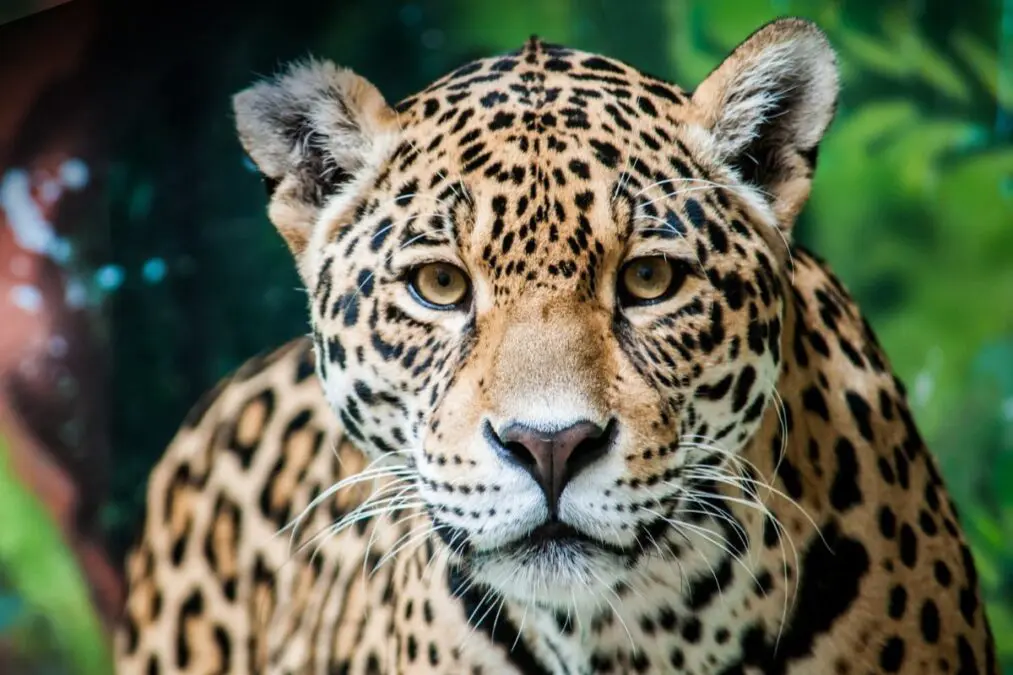30 November 2021 – Wildlife crime is a serious, transnational organized crime, putting millions into the pockets of criminal groups that exploit gaps in national law enforcement and criminal justice systems. This criminal activity has significant environmental impacts, contributing to the global extinction crisis and loss of biodiversity.
Wildlife Enforcement Networks (WENs) are an effective tool for collective regional efforts to combat wildlife crime as they involve national agencies responsible for wildlife law enforcement. They support and strengthen law enforcement to address wildlife crime and provide a platform for collaboration and communication within and between regions. Several regional WENs have been established around the world.
The South American Wildlife Enforcement Network (SudWEN) was formally launched in September 2014 with the aim of increasing counter wildlife trafficking efforts in South America. Given the increased recognition that wildlife crime is growing in scope and scale in this region, UNODC, on behalf of the International Consortium on Combating Wildlife Crime (ICCWC) and with support from the United States, has been working with countries to establish a platform to support initial activities of SudWEN and to strengthen the Network’s ability to combat wildlife trafficking in the region.
Over the next three weeks, over 40 designated participants representing the Prosecutor’s Office, Police, CITES Management Authorities and Customs from 11 South American countries will meet to share best practices and identify common challenges faced in addressing wildlife crime, and to discuss ways to strengthen and operationalize the Network to best support and improve regional cooperation in South America.
In her opening remarks, Miwa Kato, Director of the Division of Operations of UNODC, stressed that “cooperation and coordination are essential to strengthen the Network. UNODC and its ICCWC partners stand ready to assist governments to strengthen legislation and enforcement capacity, and reinforce international cooperation and information sharing for cross-border investigations”.
The head of the US delegation, Monica Medina, Assistant Secretary for the Bureau of Oceans and International Environmental and Scientific Affair, US Department of State, highlighted that “Regional wildlife enforcement networks are critical transboundary cooperation tools to combat wildlife trafficking”, and further noted that “we are here to support your work to identify priorities, map strategic approaches, and achieve successes in stopping these crimes. We applaud the attention your countries are giving to address wildlife trafficking in South America and globally.”






